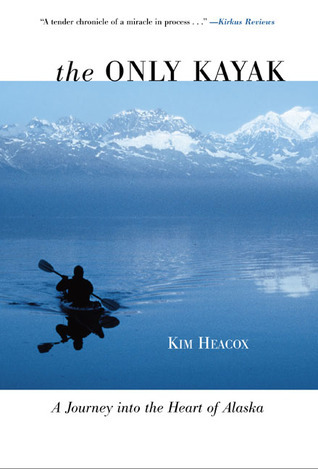What do you think?
Rate this book


272 pages, Paperback
First published January 1, 2005
From the first sentence—"I live in the sunlight of friends and the shadows of glaciers"—this book is a uniquely descriptive and often-gripping tate of Heacox's life in Glacier Bay, Alaska. The book spins around a dichotomy I find so compelling: Outdoor adventure is about finding natural wonders, far from civilization, but it's also about the people you seek it with.
—Michael Lanza
Northwest editor